The Biggest Mistakes People Make After an Accident Causing Personal Injury
Life can turn upside down in an instant following an injury. Beyond the physical pain and emotional distress, you suddenly face mounting medical bills, time away from work, and the complexities of insurance claims and legal procedures. This overwhelming period often leaves people vulnerable to making critical mistakes that can significantly impact their ability to receive fair compensation for their injuries.
Even seemingly innocent actions taken in the days and weeks after an accident can seriously undermine a personal injury case. From what you say to an insurance adjuster to how you document your recovery, these missteps can be used against you by insurance companies looking to minimize their financial responsibility.
You need to protect your legal rights and maximize your chances of receiving the compensation you deserve during this challenging time.
1. Not seeking medical attention immediately
Seeking immediate medical attention after a car accident serves dual critical purposes. It protects your health by identifying hidden injuries like concussions or internal bleeding that may not show visible symptoms due to adrenaline masking pain. These conditions can worsen significantly without prompt treatment.
Immediate medical documentation also creates an essential link between the accident and your injuries, establishing a timeline that insurance companies cannot easily dispute. When accident victims delay treatment, insurers often argue that injuries occurred elsewhere or weren't serious, potentially undermining your claim. Medical records from the day of the accident provide powerful evidence that can make the difference between receiving fair compensation and having your claim denied.
2. Talking to insurance companies without a lawyer
Insurance companies are primarily focused on minimizing their payouts rather than ensuring you receive fair compensation. Without legal representation, you may inadvertently damage your claim during conversations with adjusters.
- Avoid making statements that could imply fault or downplay injuries
- Provide only factual information about the accident without speculation
- Never agree to recorded statements without understanding their implications
- Document all conversations including who you spoke with and what was discussed
- Be wary of quick settlement offers that come before your injuries are fully assessed
- Consider consulting with an attorney before discussing serious accidents or injuries
- Remember that your own insurance company must be notified, but the other driver's insurer may be contacted through your representative.
3. Posting on social media
What you share online can significantly impact your personal injury case. Insurance companies and defense attorneys routinely monitor claimants' social media accounts to find evidence that contradicts injury claims.
Be careful with social media while your case is ongoing. Avoid posting about your accident, injuries, or recovery, and consider temporarily deactivating your accounts.
Don’t check in at locations or share anything that could suggest you're more active than your claim implies.
Never discuss case details, settlement expectations, or legal conversations online and be cautious with new friend requests and ask loved ones not to tag or post about you.
Even private posts can be used in court, and deleting content without legal advice could be seen as destroying evidence—always consult your attorney first.
4. Importance of injury documentation
Failing to document your accident and injuries accurately and promptly can severely damage your personal injury claim. Proper documentation creates a reliable record that connects your injuries to the incident and establishes their severity.
Insurance companies and opposing attorneys will scrutinize every detail, looking for inconsistencies or gaps in documentation that could undermine your claim. Without thorough documentation, you may struggle to prove the extent of your injuries or demonstrate how they've impacted your daily life, potentially resulting in a significantly reduced settlement.
- Document the accident scene immediately with photos and videos when possible
- Seek medical attention promptly even for seemingly minor injuries
- Ensure medical records accurately reflect how your injuries occurred
- Keep a daily journal detailing pain levels, limitations, and recovery progress
- Save all receipts, bills, and correspondence related to your injury
- Report all symptoms to your healthcare providers, even those that seem minor
- Be consistent in your descriptions of the accident and resulting injuries
- Never exaggerate injuries, but don't minimize them either
- Request copies of all medical records and police reports for your personal files
- Document any work absences or modifications due to your injuries
In personal injury cases, documentation isn't just about proving what happened—it's about creating a comprehensive picture of how the accident has affected your life.
Courts and insurance companies rely heavily on written records rather than verbal accounts, making proper documentation one of the most powerful tools in securing fair compensation for your injuries.
5. Missing deadlines
Statute of limitations risks
Missing legal deadlines can permanently destroy your ability to recover compensation after an injury. The statute of limitations strictly limits how long you have to file a lawsuit, and courts rarely make exceptions once this deadline passes. Waiting too long can have devastating consequences on your case and financial future.
In California, you have just 2 years from the date of injury to file a personal injury claim. After that, you lose your right to compensation—no matter how strong your case is. Insurance companies often offer lower settlements if they know you're close to the deadline. Waiting too long can also hurt your case: evidence can disappear, memories fade, medical records become less convincing, and witness testimony loses impact over time.
6. Accepting a quick settlement
Why quick payouts fall short
Insurance companies often pressure injured people to accept fast settlements that significantly undervalue their claims. These "quick-kill" settlements benefit insurance companies but rarely serve the injured person's best interests.
When you accept an early offer, you likely forfeit compensation for ongoing medical treatment, future complications, true pain and suffering damages, and long-term lost wages. Insurance adjusters are trained negotiators who know precisely what your case might be worth at trial, while you have only one opportunity to settle your claim.
Without allowing sufficient time for injuries to fully manifest and proper evidence to be gathered, it's virtually impossible to receive fair compensation for the true extent of your damages.
Hidden long-term costs
When you accept a hasty settlement offer from an insurance company, the true price you pay extends far beyond the immediate shortfall in compensation. These early settlements typically fail to account for the full scope of your injuries and their lasting impact on your life, creating significant long-term financial burdens.
- Initial diagnoses frequently miss serious underlying conditions that only become apparent after more thorough testing or when symptoms worsen.
- Future earning capacity reductions due to permanent disabilities are rarely adequately factored into quick settlements.
- Psychological impacts like PTSD, anxiety, or depression can emerge well after physical injuries and require extensive treatment.
- Long-term care needs for serious injuries may continue for months, drastically exceeding initial settlement amounts.
- Once you sign a settlement release, you permanently forfeit your right to seek additional compensation, even if your condition deteriorates.
7. Not hiring a personal injury attorney
Attempting to handle your personal injury claim without professional legal representation can severely limit your ability to recover fair compensation and navigate the complex legal system. Insurance companies have teams of experienced adjusters and attorneys working to minimize their payouts, creating a significant power imbalance when you're unrepresented.
Without legal representation, victims often struggle to understand their rights or properly value their claims. Insurance companies take advantage of this, offering low settlements far below what cases are worth.
Missing deadlines, gathering evidence, and proving complex damages like future medical costs or lost income is much harder without a lawyer’s help. Courts rarely show leniency to unrepresented individuals, and facing powerful insurance companies alone adds unnecessary stress during recovery.
In fact, studies show that people with legal representation receive settlements 3–5 times higher than those without.
Contingency-based legal support
Many accident victims hesitate to hire an attorney because they worry about legal costs during an already financially stressful time. This concern, while understandable, overlooks the accessibility that contingency fee arrangements provide for quality legal representation regardless of your financial situation.
- Attorneys collect fees only if you win your case
- Standard contingency fees range from 33-40% of your recovery
- Lawyers advance all case expenses throughout the process
- Attorney's financial interests align with maximizing your compensation
- Free initial consultations let you evaluate options without cost
- Legal representation becomes accessible regardless of your financial resources
- Represented clients typically recover more, even after paying fees
- Fee percentages may be negotiable for certain cases

How Personal Injury Cases Protect the Community
When most people think of personal injury cases, they picture an individual seeking compensation for medical bills, lost wages, or pain and suffering. read more
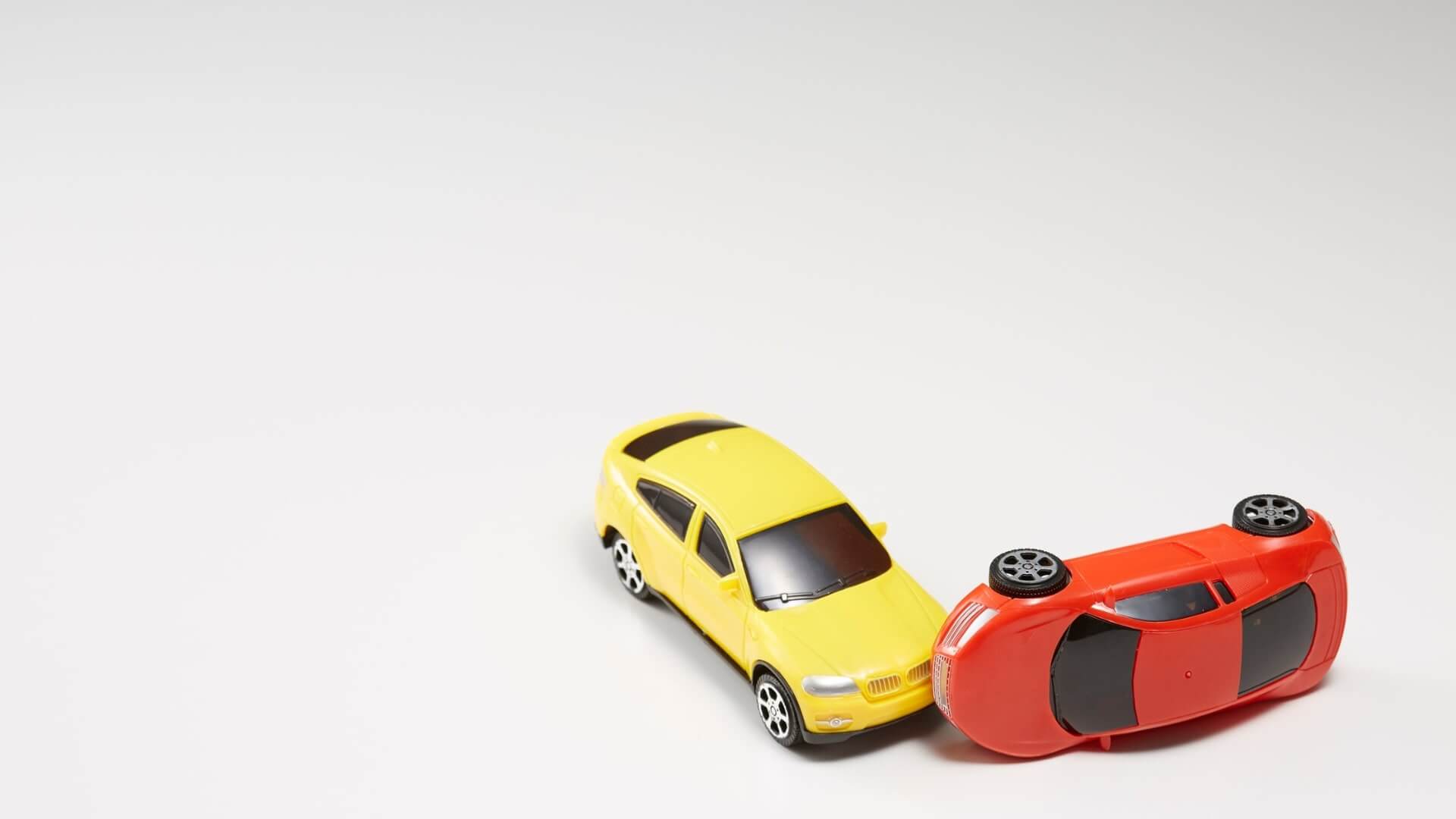
What Happens If You're Partially At Fault in an Accident
After an accident, one of the first worries people often have is: “What if I was partly to blame? Does that mean I can’t recover anything?” read more

Think Before You Post: How Social Media Can Hurt Your Accident Claim
Sharing accident updates on social media may feel harmless—but insurance companies and defense attorneys can use your posts against you. Learn why posting after an accident is risky and how to protect your personal injury claim. read more

Why Shiganian Law is the Top Personal Injury Firm in Sherman Oaks and Encino
Shiganian Law delivers expert personal injury representation with a proven track record. Led by Isabel Shiganian, we offer personalized service, direct communication, and results-driven advocacy. No fee unless we win. read more

Hidden Injuries That Can Arise After a Car Accident — and What to Do Next
Learn about hidden injuries that can arise after a car accident. Comprehensive guide covering injury types, injury settlements, and steps to take after an accident. read more

How Dashcam Footage Can Completely Change Your Car Accident Claim
Discover how dashcam footage can transform car accident claims by providing clear evidence, resolving disputes, preventing fraud, and expediting insurance settlements. read more

Bitten But Blamed? How Insurance Companies Shift Fault in Dog Bite Claims
Discover how insurance companies shift blame in dog bite claims, the legal protections for victims in California, and steps to defend against unfair accusations. read more

What Is Considered a Catastrophic Injury in Personal Injury Law?
Understand catastrophic injuries in personal injury law - definitions, impacts, causes, and why specialized legal help is crucial for securing proper compensation. read more

Financial Struggles After Accidents: Recovery & Legal Options
Explore the financial impact of injuries, from medical debt to lost wages. Learn legal options, coping strategies, and support for recovery stability. read more

Emotional Trauma After an Accident: Understanding Your Rights and Recovery
Discover how emotional trauma after accidents affects mental health and daily life. Learn about your legal rights and the recovery journey to healing and compensation. read more

Motorcycle Accidents: Types of Injuries, Settlements, and Your Rights
Learn about motorcycle accident causes, safety tips, and legal rights. Comprehensive guide covering injury types, injury settlements, and steps to take after an accident. read more
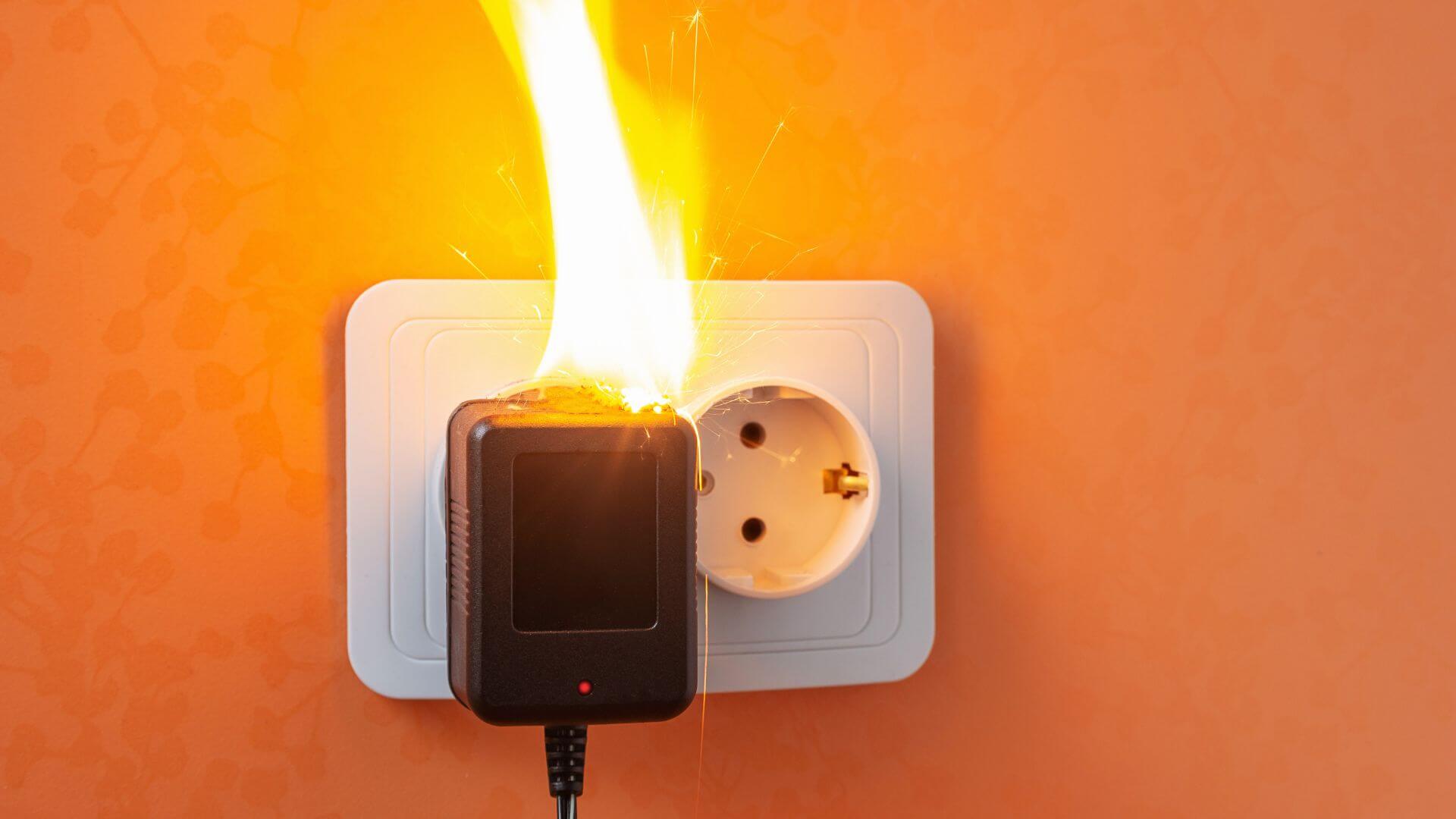
Product Liability in California: Protecting Consumer Rights
Learn about California product liability law, including types of defects, liable parties, and compensation available for injuries caused by defective products. read more
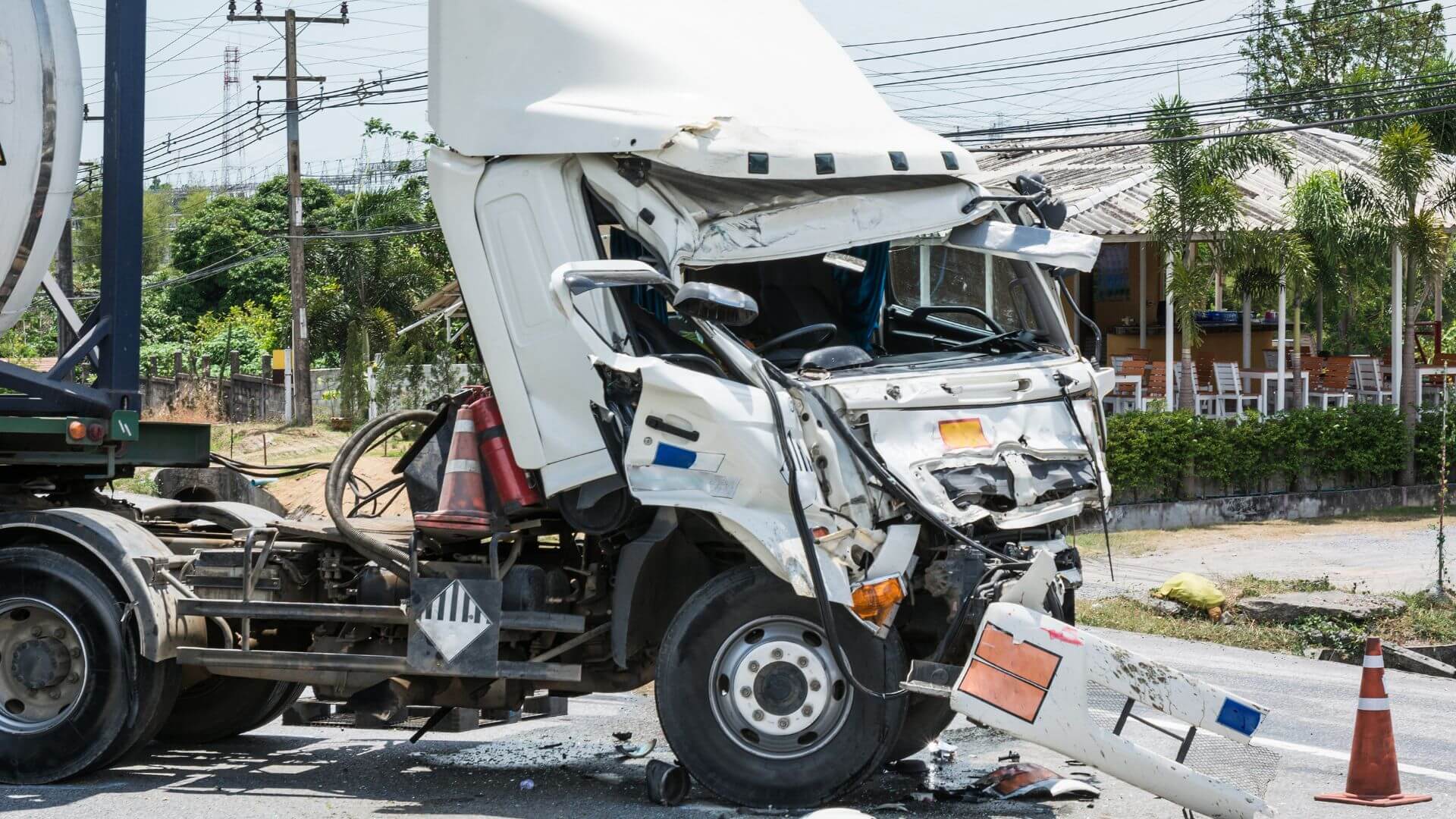
What Does a California Truck Accident Lawyer Do?
Learn how an experienced California truck accident lawyer can help maximize your compensation through expert investigation, evidence preservation, and strategic negotiation. read more

What is Premises Liability Law: Responsibility, Examples, and Common Types
Imagine walking through a quiet shopping center, enjoying a peaceful afternoon, when suddenly a wild Canadian goose darts out, knocking you over and fracturing your hip. It may sound far-fetched... read more
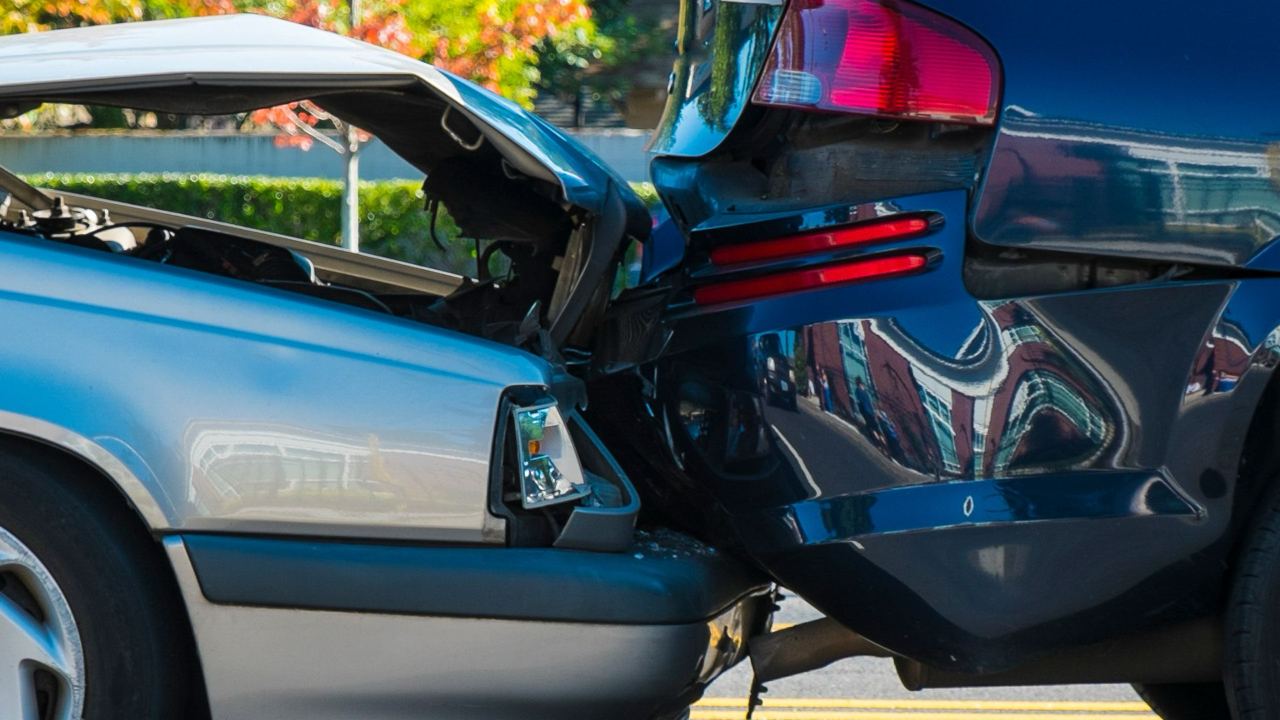
What to Do if You’ve Been in a California Car Accident?
If you’ve been in a car accident, you might be overwhelmed with the experience and what to do next. Your priority is your safety and health, and if you have been injured, getting the support you need to recover. read more

How long does it take to settle a pedestrian accident in California
When estimating the duration of a pedestrian accident settlement, it's important to consider all the factors that can influence the process. read more

California Prop 213 and Its Impact on Car Accidents
Proposition 213 was created in 1996, as a way to encourage motorists to get and maintain insurance. read more

How Much to Expect from a Car Accident Settlement in California
Car accidents are unfortunate events that can result in significant physical injuries and extensive medical treatment. read more
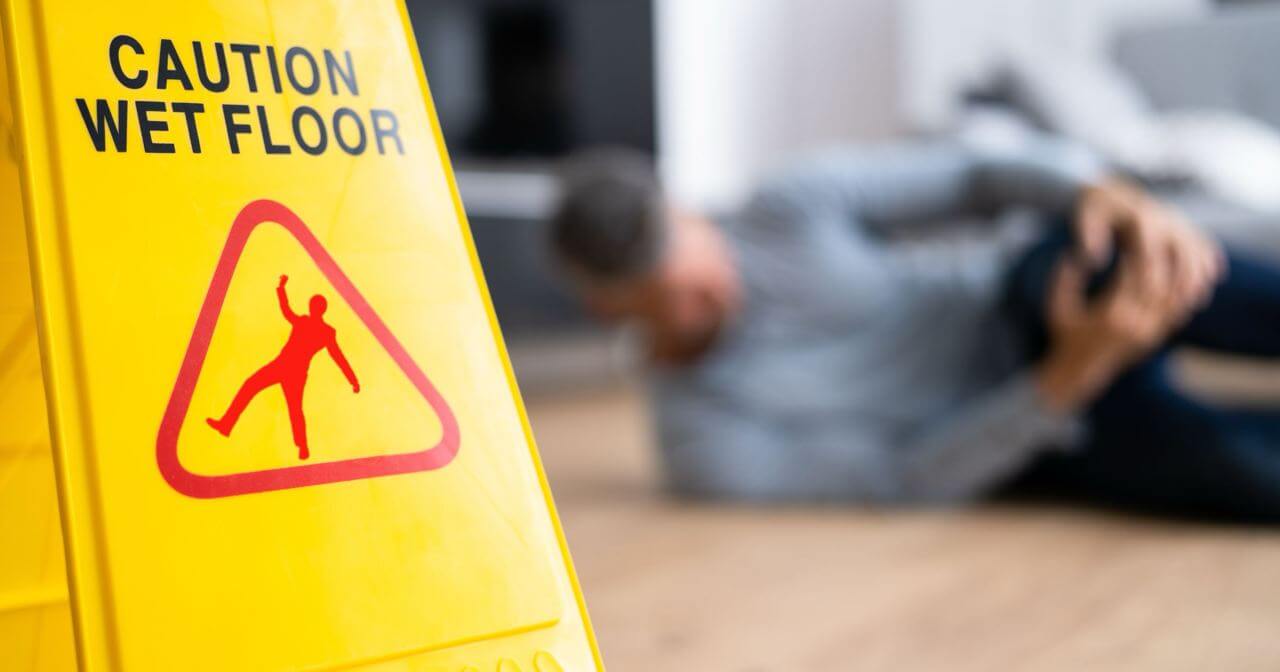
What to Do After a Slip-and-Fall Accident
This guide, while not a substitute for legal or medical advice, can help you figure out what to do in the short- and long-term after you’ve had an accident. read more